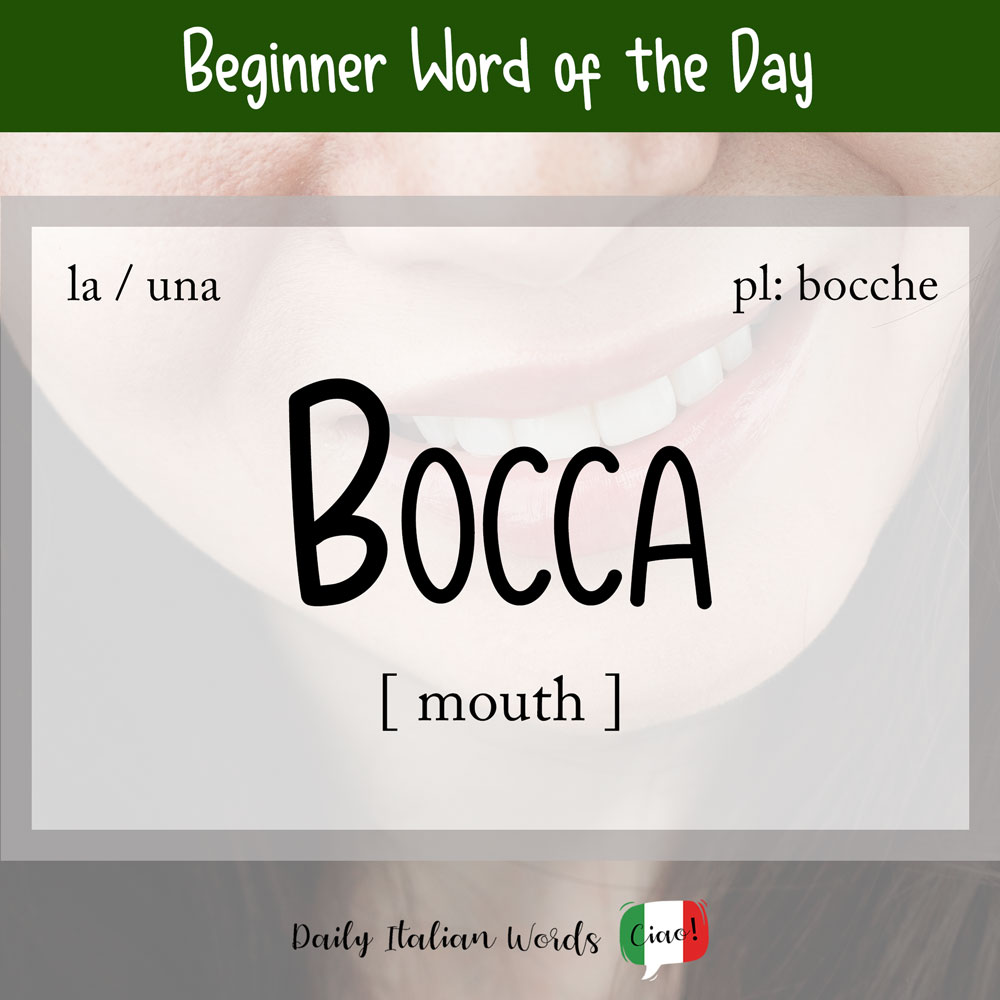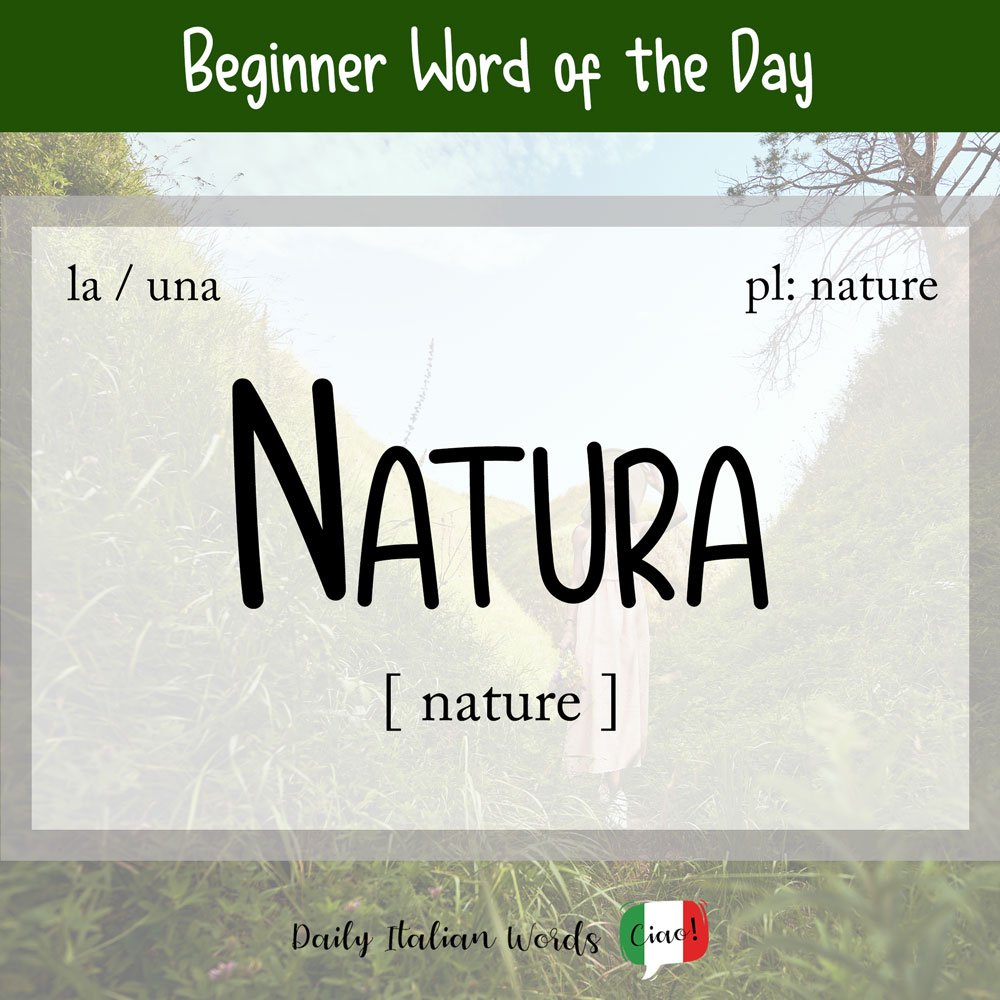Italian Word of the Day: Capelli (hair)
The word for the hair on one’s head is the plural capelli in Italian. The singular capello, on the other hand, usually refers to an individual strand of hair. This word is easily mixed up with the similar sounding cappelli, the plural of cappello, which is the Italian word for hat. You can hear the …






